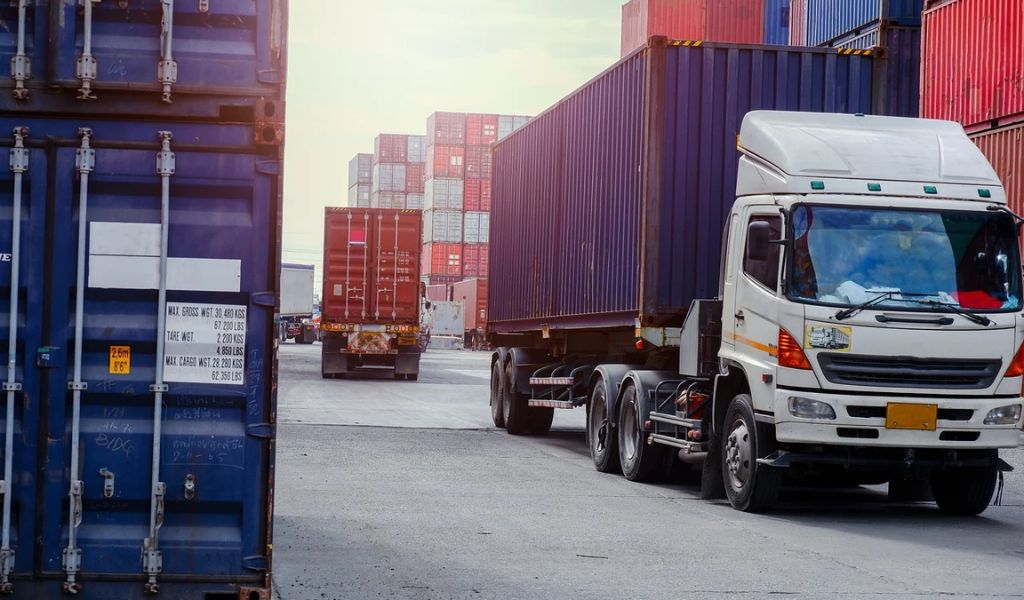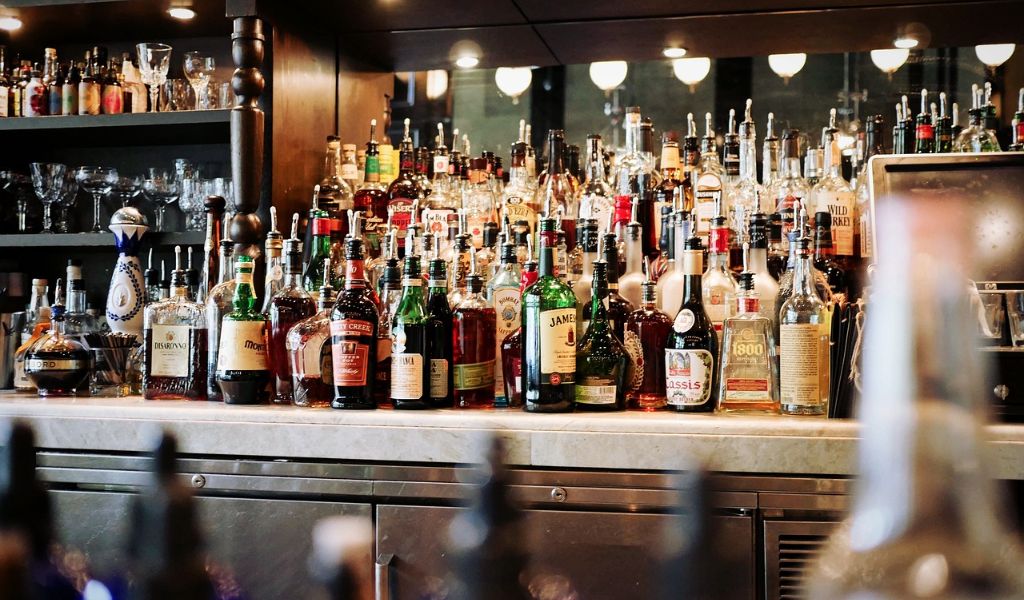The import of alcoholic beverages to Spain is a complex process, but with the appropriate information it can be carried out without problems. Since the alcoholic beverage market has become so innovative, many choose to invest in this area. If you are evaluating this possibility, this post outlines the key steps to import alcoholic beverages that will help you maximize the value of your business.
Requirements for the importation of alcoholic beverages to Spain
The import of alcoholic beverages to Spain has become a profitable business, but with many obstacles. Furthermore, importing from a European Union country, which has the same requirements as if the merchandise were acquired in a Spanish province, is not the same as importing from a non-EU country. Therefore, being a wholesale distributor of alcoholic beverages .

Some of the requirements to import to Spain from a non-EU country are summarized as follows:
Formalities
Before becoming a wholesale distributor of imported liquor it is essential to complete a series of procedures that will allow you to operate legally in the country. Although it depends a lot on the country of origin, some requirements are:
- Register in the Special Registry of Foreign Trade Operators (REOCE) of the Ministry of Industry, Commerce and Tourism to request authorization for export or import operations.
- Register as an importer in Spain: To do this, you must request an Import License, especially if the merchandise has entry restrictions.
- Be registered in the General Health Registry of Food and Food Companies. As alcoholic beverages are considered in the food category, this registration is essential to ensure the safety and quality of the products.
- Compliance with Community Legislation: The importation of alcoholic beverages is subject to European and Spanish regulations. Familiarize yourself with Regulation (EC) No. 852/2004, which establishes hygiene standards for food products.
- Declaration of value (DV1): This is a document to be presented when the value of the imported goods exceeds 20,000 euros and on which customs duties are applied.
All these procedures may vary depending on the amount of products you want to bring, the brands and the price. The advantage is that when processing it for the first time, you only have to pay attention to the renewal dates to keep everything up to date.
Labeling standards
Labeling is essential for the importation of alcoholic beverages to Spain and the marketing of the product. This is a very well reviewed aspect that must even comply with language standards. Make sure the labels contain the following information:
- Type of product and alcohol content: The type of product must be indicated (wine, spirit drink, beer or liquor, among others), and the percentage of alcohol in each bottle must be indicated.
- Expiration date: It is important for consumer safety, although it is not mandatory for wines or drinks that exceed 10% alcoholic strength.
- Ingredients: A list must be included with all the ingredients used in the drink, highlighting those that may be allergens or cause intolerance.
- Nutrition information: If applicable, provide details on calories, carbohydrates, and other nutrients.
- If necessary, you can add the net quantity in metric units, special conditions of conservation or use (if applicable), name or company name and address of the manufacturer, country of origin and identification of the lot.
- Wines require more information on the label. The variety of grapes, designation of origin, importer information, sugar content, among others, must be included.
Regarding language, those that have allergenic or intolerance elements, the labeling must be in Spanish, English, French, Italian and Portuguese. However, the basic requirement is that it appears in two or more official languages of the European Union.
Documentation
If you want to know how to be a wine and liquor distributor, you must take into consideration the documents you must have to be able to import. If you are going to import alcoholic beverage products to Spain or any EU country, the documentation to present is:
- Commercial invoice: This is the document issued by the distribution company and which contains the purchase information.
- Customs Value Declaration: You must submit a customs declaration to import your products, in one or two of the official EU languages.
- Everything related to transportation: This category includes transportation insurance, loading documents, packing list with details of the merchandise, among others. The Bill of Lading document issued by the carrier must be included to declare that he has received the merchandise.
- EORI number or Registration and Identification number of Economic Operators.
- Certificate of origin: Document that certifies the origin of the products.
- European Community seal or CE marking, which guarantees that the product can be marketed. Although it is not mandatory, it can be processed to avoid inconveniences when importing to Spain.
Proof of tax payment must also be included in the documentation. These depend on the type and quantity of merchandise, but may include the Special Tax on Certain Means of Transport (IEDMT) and the Value Added Tax (VAT).
Tips for a successful import of alcoholic beverages to Spain
If you are in the phase of evaluating and researching how to start an alcoholic beverage business and import fermented beverages to Spain, it is necessary to consider many aspects. Among the most notable are the following:
- Research and planning: Before starting, research the Spanish market and evaluate the demand for different types of alcoholic beverages. Consider factors such as local preferences, consumer trends, and regulations for each beverage.
- Legal Compliance: Complying with regulations is essential. Make sure you obtain the necessary permits, such as the General Sanitary Registry of Food and Food Companies. Also, familiarize yourself with the related European and Spanish regulations.
- Suppliers and distributors: Look for reliable suppliers and distributors. Establish strong relationships with companies that offer high-quality beverages and are willing to work in large quantities. Take logistics and delivery times into account.
- Transportation and logistics: Select a transportation company with experience in importing alcoholic beverages, so that it can become support while you master the process.

In conclusion, importing alcoholic beverages to Spain can be a complex process, but rewarding if done correctly. Therefore, do your research, comply with regulations and work with trusted partners so you can take advantage of the opportunity.

